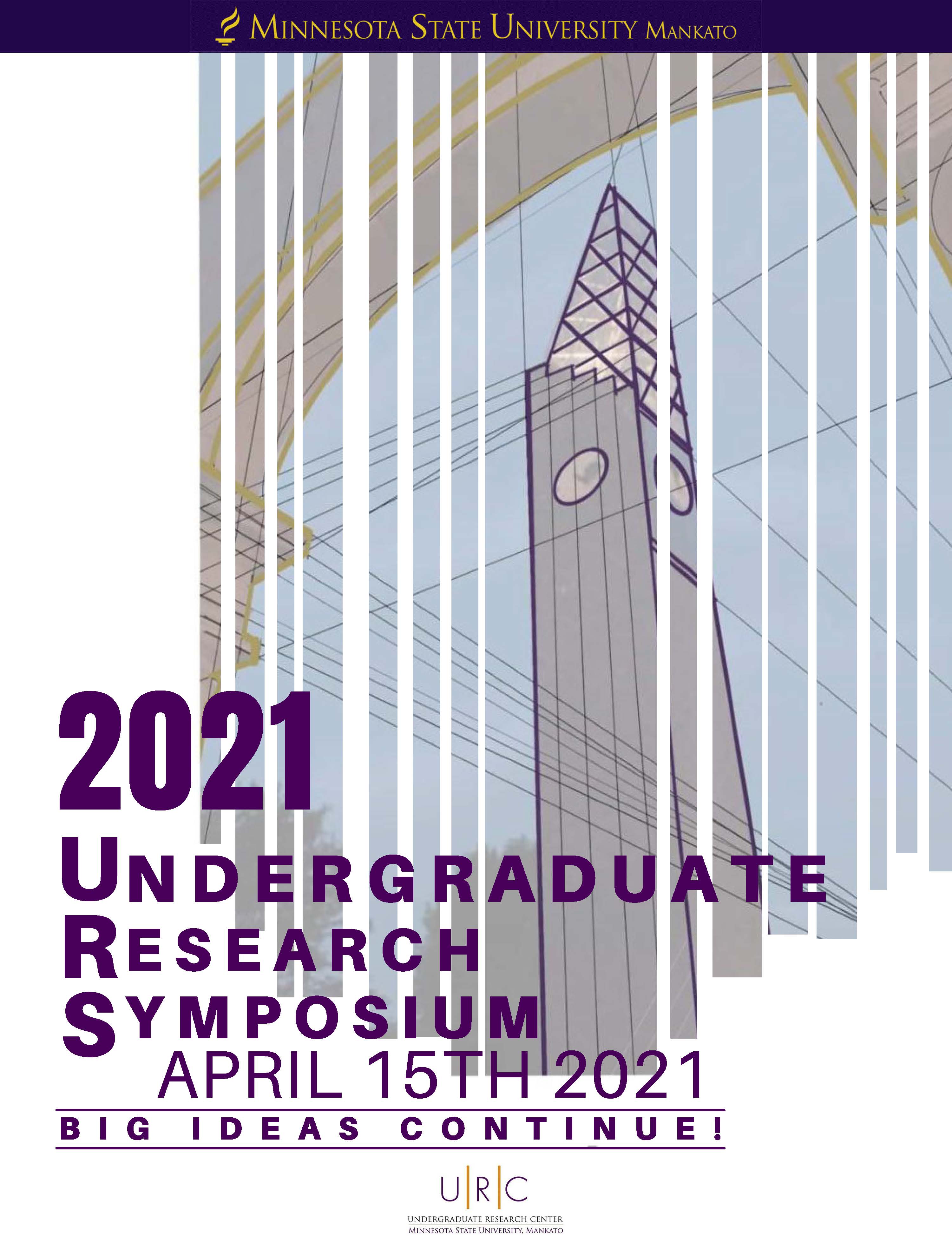Meriam’s Momentary Metamorphosis: Progressive Education and The Indian New Deal
Start Date
15-4-2021 11:15 AM
End Date
15-4-2021 11:30 AM
Student's Major
History
Student's College
Social and Behavioral Sciences
Mentor's Name
Angela Cooley
Mentor's Department
History
Mentor's College
Social and Behavioral Sciences
Description
The Progressive Education movement of the 1930s was a great moment of possibility for both students and teachers involved with Native American Education and serves as a precursor to the contemporary Culturally Relevant Pedagogy movement with educators today. This paper traces the story of Native American Education starting with the Meriam Report’s scathing critique of poor conditions and teaching pedagogy to the early 1940’s where government funding was reallocated to America’s involvement in World War II. The Progressive Education Movement saw great leaps in teaching quality and support for teachers and most importantly a shift to embracing students’ respective cultures opposed to erasing them. It also considers the perspectives of indigenous critics of the movement and the gendered biases of the movement.
Meriam’s Momentary Metamorphosis: Progressive Education and The Indian New Deal
The Progressive Education movement of the 1930s was a great moment of possibility for both students and teachers involved with Native American Education and serves as a precursor to the contemporary Culturally Relevant Pedagogy movement with educators today. This paper traces the story of Native American Education starting with the Meriam Report’s scathing critique of poor conditions and teaching pedagogy to the early 1940’s where government funding was reallocated to America’s involvement in World War II. The Progressive Education Movement saw great leaps in teaching quality and support for teachers and most importantly a shift to embracing students’ respective cultures opposed to erasing them. It also considers the perspectives of indigenous critics of the movement and the gendered biases of the movement.




